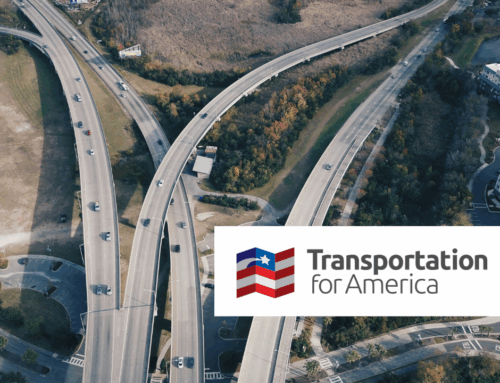Washington, DC – A legislative rider that would perpetuate salmon extinction and cost taxpayers billions was included in the Interior Appropriations Conference Report today.
The rider, introduced by Senator Slade Gorton (R-WA), prevents any funds from being spent next year for the removal of Snake River dams. It not only stops any physical work towards removal from taking place, but also blocks engineering and mitigation studies and plans.
“Severe actions like this move Senator Gorton out of the mainstream and into the political extreme. He disregarded the legislative process by putting this anti-salmon, anti-taxpayer rider forward,” said Kathleen McNeilly, Director of the Snake River Campaign, Taxpayers for Common Sense. “Gorton blatantly ignored public comment, and the recommendation of the federal agencies in charge of salmon recovery.”
Earlier this summer, the National Marine Fisheries Service outlined a salmon recovery plan to save Snake River salmon from extinction. The plan focused on habitat and hatchery efforts, but did not rule out removal of the four Lower Snake River dams in order to save the salmon. Federal officials stated that it would take years to conduct the necessary economic and engineering studies to breach the dams. This rider prevents them from even starting the necessary background work.
Unfortunately, several stocks of Lower Snake River salmon are already extinct or headed towards extinction. If serious measures are not implemented, the stocks could be decimated by 2017.
“The salmon don't have twenty years to wait while the federal agencies and Congress try to get their act together. This rider is unacceptable, and worse, dangerous. It throws all scientific and economic analysis out the window, as well as concern for salmon and taxpayers,” continued McNeilly.
If the fish go extinct, taxpayers could be liable for billions to tens of billions of dollars in compensation payments to Columbia River Basin tribes. The Columbia River Basin tribes were guaranteed there would be no threat to their fish-dependent economy in exchange for the land of what is now the states of Oregon, Washington, and Idaho.
Courts have upheld compensation payments for similar violations in the past. The Colville tribes were awarded $53 million, plus an additional $15 million per year, for treaty violations stemming from the construction of the Grand Coulee dam. In another example, the Federal government was ordered to pay $39 million to the Nez Perce tribe for treaty violations for two dams built in the Clearwater River drainage.
“It's time Members of Congress start saving salmon and stop selling taxpayers down the river,” concluded McNeilly.










